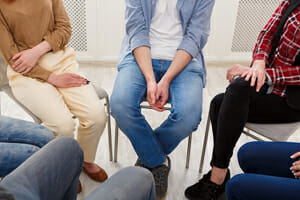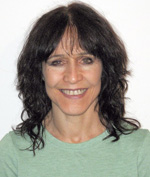The conventional wisdom in the psychology field is that symptoms of antisocial personality disorder (ASPD)/psychopathy decrease as affected individuals reach middle age. New research on senior sociopaths by Lovefraud Education and Recovey challenges this view. Survey respondents described romantic partners, family members, work colleagues and friends who they believed showed traits of ASPD/psychopathy and were over age 50. Of those who knew the individuals both before and after 50, 93% reported that their manipulation, deceit and antisocial behavior were just as bad — or worse — as they aged. Surviving Senior Psychopathy: Informant Reports of Deceit and Antisocial Behavior in Mul …
New research on Senior Sociopaths: Antisocial behavior gets worse after age 50Read More







